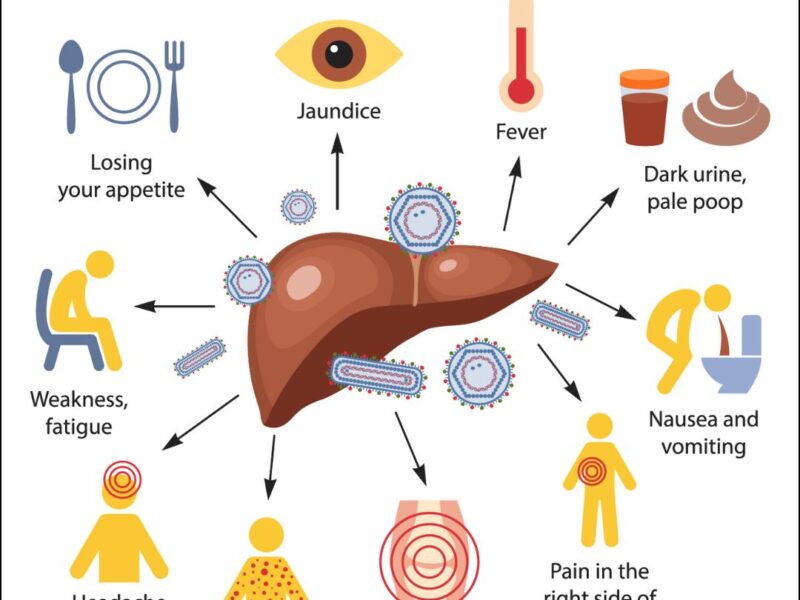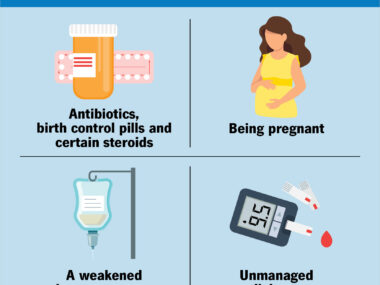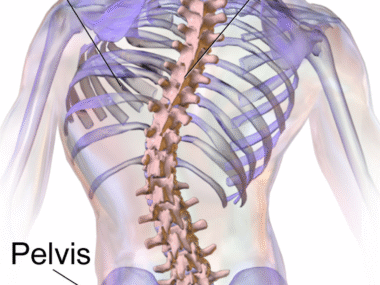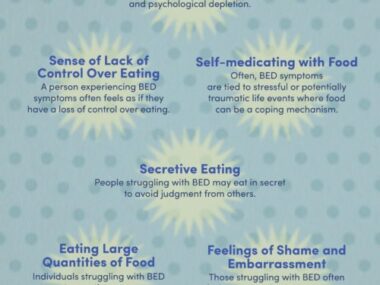Hepatitis B Symptoms and Causes
Hepatitis B is a viral infection that affects the liver, causing inflammation and potentially leading to serious health complications. It is important to understand the symptoms and causes of this condition in order to ensure early detection and appropriate treatment.
What is Hepatitis B?
Hepatitis B is a liver infection caused by the hepatitis B virus (HBV). It can range in severity from a mild illness lasting a few weeks to a chronic condition that can lead to liver damage, liver cancer, or even death. The virus can be classified as acute or chronic, depending on the duration of the infection. Acute hepatitis B refers to a new infection that lasts less than six months, while chronic hepatitis B is a long-term infection that lasts more than six months.
Causes of Hepatitis B
The primary cause of hepatitis B is the hepatitis B virus (HBV), which belongs to the family of Hepadnaviridae. HBV is highly contagious and can be transmitted through contact with infected blood or body fluids. Common modes of transmission include:
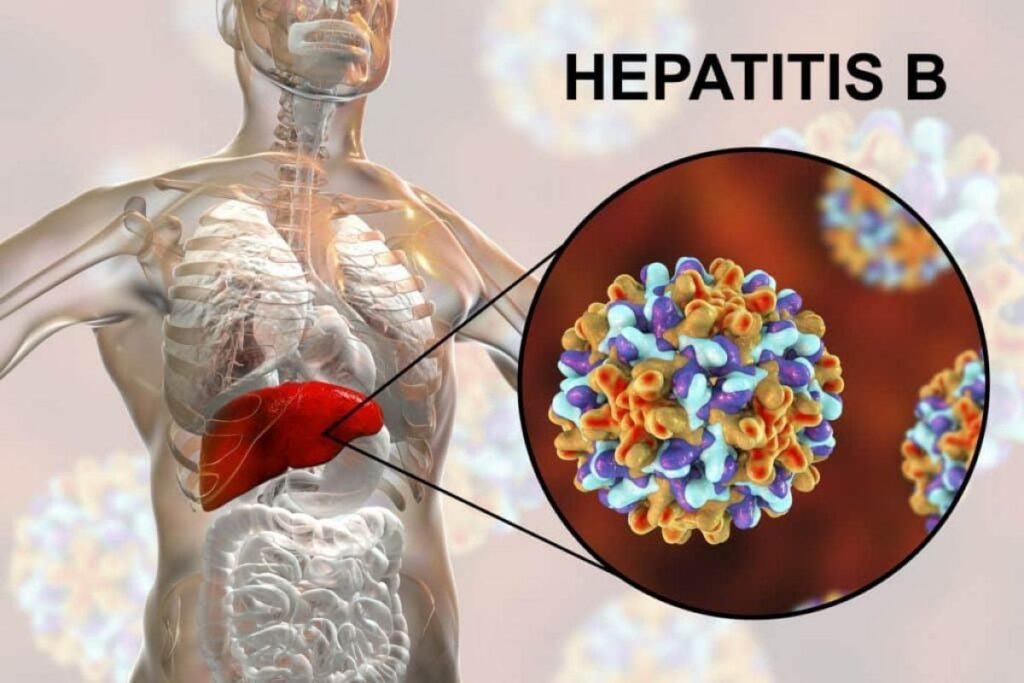
Unprotected sex: Engaging in unprotected sexual activities with an infected individual can put you at risk of contracting hepatitis B. It is important to use barrier methods such as condoms to reduce the risk of transmission.
Sharing needles: The sharing of needles and other drug paraphernalia is a significant risk factor for hepatitis B transmission. People who inject drugs should always use sterile equipment to minimize the risk of infection.
Mother-to-child transmission: Pregnant women infected with HBV can pass the virus to their babies during childbirth. However, the risk of transmission can be significantly reduced through timely vaccination of newborns and the administration of hepatitis B immunoglobulin.
Transmission of Hepatitis B
Hepatitis B is primarily transmitted through contact with infected blood or body fluids. Here are the common modes of transmission
Sexual contact: Engaging in unprotected sex with an infected individual, whether heterosexual or homosexual, can lead to the transmission of hepatitis B. The virus can be present in blood, saliva, semen, and vaginal fluids, making it important to practice safe sex and use barrier methods.
Sharing needles: Sharing needles, syringes, or other drug paraphernalia with an infected individual can lead to the transmission of hepatitis B. This is particularly common among people who inject drugs.
Mother-to-child transmission: If a pregnant woman is infected with hepatitis B, there is a risk of transmitting the virus to her baby during childbirth. However, the risk can be significantly reduced through proper medical interventions, such as administering hepatitis B immunoglobulin and vaccinating the newborn.
Symptoms of Hepatitis B
The symptoms of hepatitis B can vary from mild to severe and may include
Fatigue: Feeling tired and lacking energy is a common symptom of hepatitis B. It may interfere with daily activities and affect the overall quality of life.
Abdominal pain: Some individuals with hepatitis B may experience abdominal pain or discomfort. This pain is usually located in the upper right quadrant of the abdomen and can range from mild to severe.
Loss of appetite: Hepatitis B can cause a loss of appetite and a general feeling of malaise. This can lead to weight loss and nutritional deficiencies if left untreated.
Dark urine: Dark-colored urine is a common symptom of hepatitis B. It occurs due to the buildup of bilirubin, a yellow pigment produced by the liver.
Yellowing of the skin and eyes: Jaundice is a classic symptom of hepatitis B. It causes the skin and whites of the eyes to turn yellow due to the accumulation of bilirubin.
It is important to note that some individuals with hepatitis B may not experience any symptoms at all. This is known as an asymptomatic infection. However, even in the absence of symptoms, the virus can still cause liver damage and be transmitted to others. Therefore, regular testing is crucial, especially for individuals at high risk.
Acute vs. Chronic Hepatitis B
Hepatitis B can be classified as acute or chronic, depending on the duration of the infection.
Acute hepatitis B: Acute hepatitis B refers to a new infection that lasts less than six months. Most adults who contract acute hepatitis B will recover fully without any long-term complications. However, some individuals may develop severe symptoms and require hospitalization.
Chronic hepatitis B: Chronic hepatitis B is a long-term infection that lasts more than six months. It can lead to serious complications such as liver cirrhosis, liver failure, and liver cancer. Treatment is necessary to manage the infection and prevent further liver damage.
Complications of Hepatitis B
If left untreated, hepatitis B can lead to a variety of complications, including
Liver cirrhosis: Chronic hepatitis B can cause liver cirrhosis, which is the scarring of the liver. As the liver becomes scarred, it loses its ability to function properly, leading to serious health problems.
Liver cancer: Individuals with chronic hepatitis B have an increased risk of developing liver cancer. Regular monitoring and early detection are crucial to improve outcomes.
Liver failure: In severe cases, chronic hepatitis B can lead to liver failure, which is a life-threatening condition. Liver transplantation may be necessary in advanced cases.
Kidney problems: Some individuals with hepatitis B may develop kidney problems, including glomerulonephritis. This occurs when the kidneys become inflamed and can lead to kidney failure if left untreated.
Diagnosis of Hepatitis B
To diagnose hepatitis B, healthcare providers may perform several tests, including
Blood tests: Blood tests can detect the presence of the hepatitis B virus and determine if the infection is acute or chronic. These tests can also assess liver function and check for any liver damage.
Liver biopsy: In some cases, a liver biopsy may be performed to assess the extent of liver damage. This involves taking a small sample of liver tissue for analysis.
Imaging tests: Imaging tests such as ultrasound, CT scan, or MRI may be ordered to evaluate the liver and detect any abnormalities.
Treatment options for Hepatitis B
The treatment of hepatitis B depends on the severity of the infection and whether it is acute or chronic. Treatment options include
Antiviral medications: Antiviral medications can help suppress the replication of the hepatitis B virus and reduce liver damage. These medications need to be taken long-term to maintain viral suppression.
Interferon injections: Interferon injections are another treatment option for chronic hepatitis B. They help boost the immune system’s response to the virus and can be used in select cases.
Liver transplantation: In advanced cases of liver failure or liver cancer, a liver transplant may be necessary. This involves replacing the diseased liver with a healthy liver from a donor.
It is important to note that not everyone with hepatitis B will require treatment. For individuals with chronic hepatitis B, regular monitoring and lifestyle modifications, such as avoiding alcohol and maintaining a healthy weight, are essential to prevent further liver damage.
Prevention of Hepatitis B
Prevention is key when it comes to hepatitis B. Here are some measures you can take to reduce the risk of infection
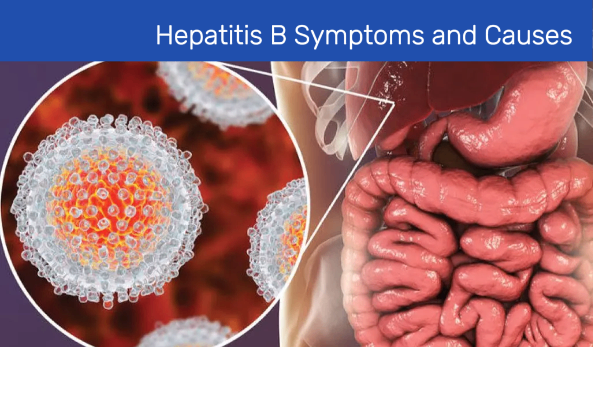
Vaccination: The hepatitis B vaccine is a safe and effective way to prevent infection. It is recommended for all infants, children, and adults who have not been previously vaccinated.
Safe sex practices: Practicing safe sex by using barrier methods such as condoms can help reduce the risk of hepatitis B transmission.
Avoid sharing needles: If you inject drugs, it is crucial to use sterile needles and other drug paraphernalia to prevent the transmission of hepatitis B.
Screening of blood products: Blood and organ donations should be screened for hepatitis B to prevent the transmission of the virus.
Preventing mother-to-child transmission: Pregnant women should be tested for hepatitis B, and newborns should receive the hepatitis B vaccine and hepatitis B immunoglobulin shortly after birth if needed.
Conclusion
Hepatitis B is a viral infection that can have serious health consequences if left untreated. Understanding the symptoms and causes of hepatitis B is crucial for early detection and appropriate treatment. Regular testing, vaccination, and practicing safe hygiene can help prevent the transmission of the virus. By educating ourselves and taking preventative measures, we can protect ourselves and others from the devastating effects of hepatitis B.
